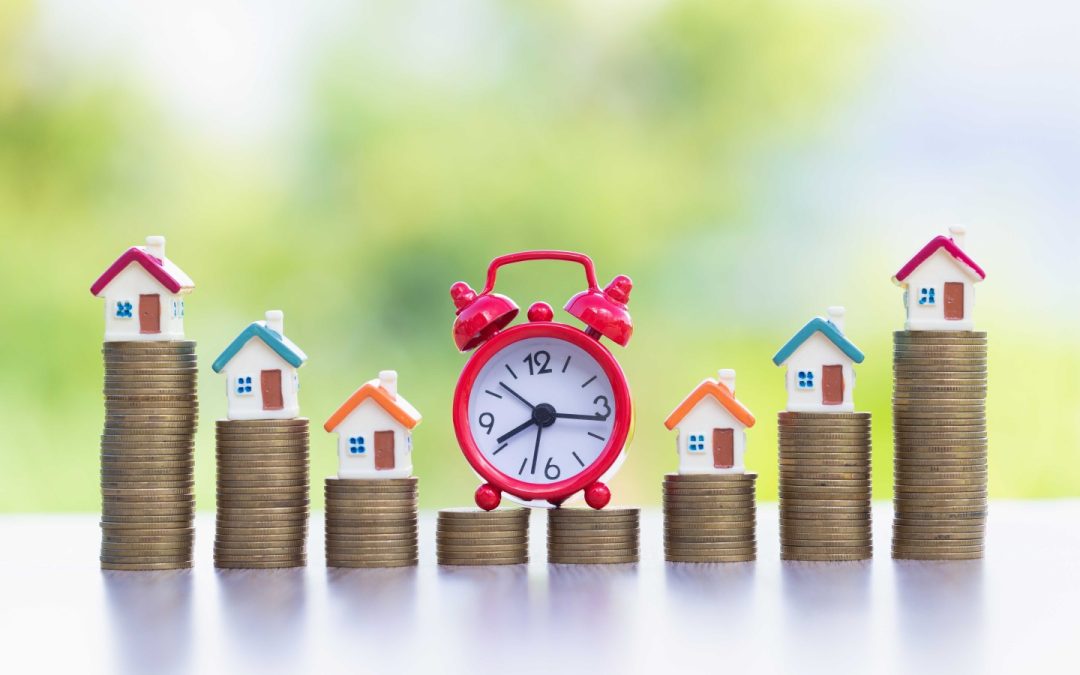
Don’t Let the Interest Rates Stop You
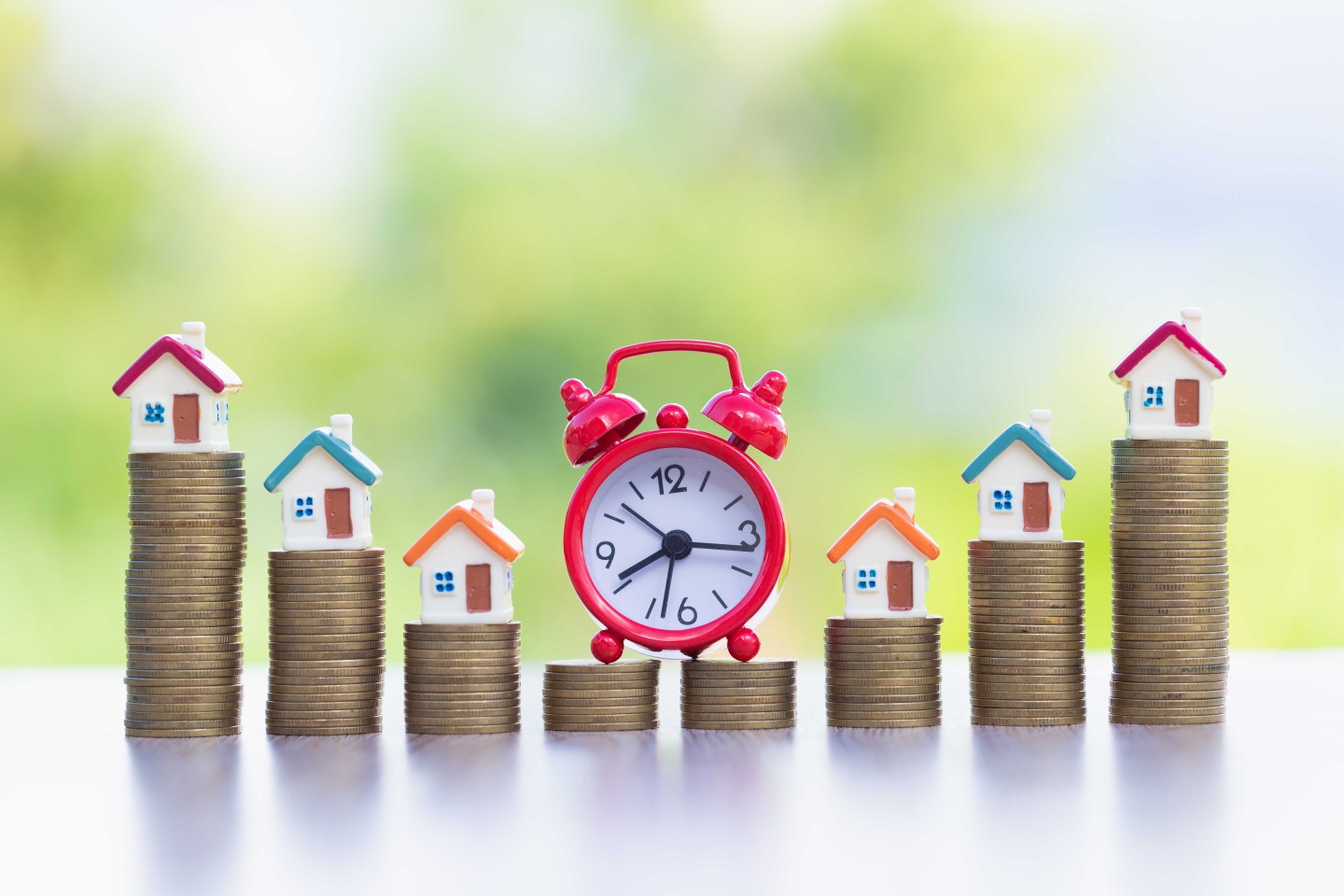
Interest rates jumped up again. Is it time for us to just wait until spring and hope they start to come back down?
If you are a buyer, the real estate market offers you a great opportunity right now! Don’t be fooled by the higher interest rates – this is an awesome market for you to buy in! Why? Because all of the people who you would have been competing with are afraid of the interest rates and sitting by the sidelines. This allows you to have a competition – free opportunity to buy a home! Just six months ago, buyers would have been overjoyed to have an opportunity to buy a home without competition, to have had an opportunity to have had an offer accepted on the first home they offered on instead of their seventh, to have been able to purchase a home at asking price rather than asking price plus 10 percent! Do not miss this golden opportunity – there are some very nice homes available right now. You can refinance later with a convenient no cost refinance loan – get the house now! Once rates start to come back down, the buyers (who have all been sitting by the sidelines with you) will come racing back into the market, and bidding wars will be back. Make the smart move – buy now.
And as a side note, I do not feel we will see a “crash” in prices. Inventory remains at record lows and those homes that are selling continue to increase in their sales prices to new record highs, despite the increasing rates. This is not 2008 – I am not anticipating any “deals” to be had this spring – if anything the natural increase in the buyer pool we see every spring will boost prices because of the extreme lack of inventory. Feel free to reach out to me and we can strategize on how you can take the most advantage of the current real estate market while you still can!
A home’s value is set by the market. Value is always determined by what a buyer is willing to pay for your home. Many factors come into play in setting that value. Market value reflects quantitative factors such as: # bedrooms, # bathrooms, # garages, placement of garages (attached or integral), lot configuration (large and functional back yard? Cliff lot?), location of the home generally, age of roof, age of mechanicals. Market value also reflects more qualitative items: how updated is your home, and is it all new, or just refreshed? What is the floorplan (open concept?) What are your wall colors? There is always a range that value will land in, which we call the range of reasonable. There is no ONE price at which a home will sell. If there are many buyers seeking a home like yours, it will sell at the top of the range of reasonable. If there are not, it will take longer to sell and may sell a bit lower in the range. What the market does not consider in setting a value of a home is what you need from the home. In 2008, many homeowners had used their homes as ATMs and withdrawn large sums of money for educations, vacations and cars. When the market softened, there was not enough equity for them to be able to sell their homes and not be in a short sale situation. This fact, that a homeowner over-extended themselves on mortgages, is not the least bit relevant to market value. The market is also not going to consider what you plan to do next. If you plan to move to Los Angeles to be closer to family and are finding that the Pittsburgh market is not going to yield you enough to be able to buy in L.A., you will need to turn to other investments to make up any difference.
We are in a very robust market – your home is far more likely to garner more now – whatever that may be – than it could have in the past. Forecasters are also suggesting that values will soften by year end. My crystal ball is out for service, but what I can tell you is that every hot market eventually softens. Waiting out the market so that you can get a price that the market is unprepared to deliver at this time may have you waiting many, many years, and during that time you may need to invest even more in your home in order to deliver to the market what it needs in order to deliver an acceptable sale to you.
QUICK SEARCH

Associate Broker
HOWARD HANNA
REAL ESTATE SERVICES
401 Broad Street
Sewickley, PA 15143
Cell: 412-779-6060
Office: 412-741-2200 x238
kbarge@howardhanna.com
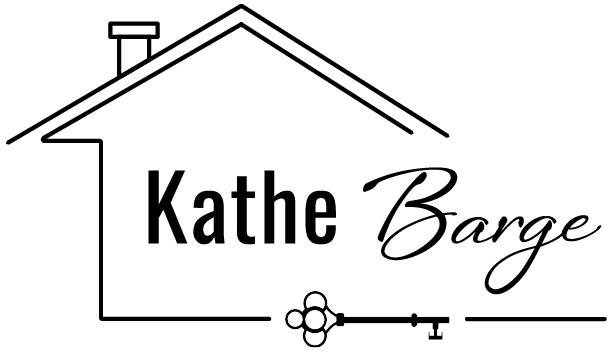




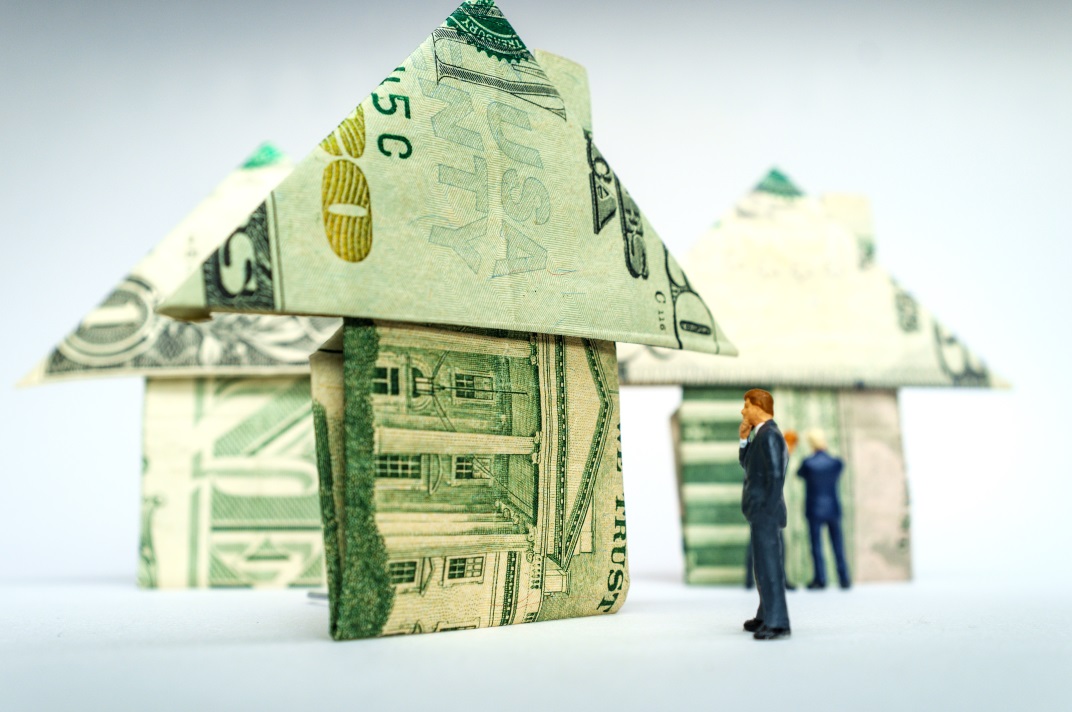
 Real estate rental properties can be a great way to diversify your investment portfolio and create an income stream for retirement, if you hold your properties long enough! During your ownership, if you have invested properly, the tenant’s rent should be covering your mortgage and taxes and maybe even generating some cash. Over time, the rent will have purchased you a home and the income stream becomes cash in your pocket, or the home an asset you can sell and invest in something else (Retirement home? Child’s education?)
Real estate rental properties can be a great way to diversify your investment portfolio and create an income stream for retirement, if you hold your properties long enough! During your ownership, if you have invested properly, the tenant’s rent should be covering your mortgage and taxes and maybe even generating some cash. Over time, the rent will have purchased you a home and the income stream becomes cash in your pocket, or the home an asset you can sell and invest in something else (Retirement home? Child’s education?)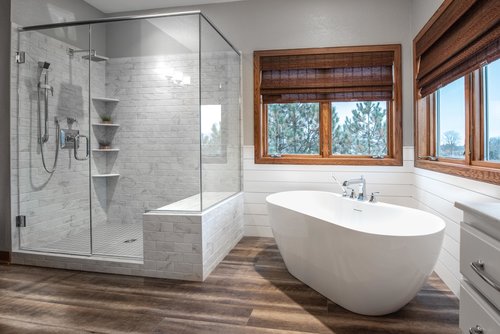 If you are thinking of remodeling a portion of your home, it is important to first consider what is currently going on inside your home from a design perspective. It is not possible to overstate the importance of consistency in design when selling a home. Buyers uniformly respond favorably when a home flows in a consistent “theme” through the home. What does this really mean? In an ideal world, your color palate would move smoothly from room to room. Every room does not have to be the same color, but the colors should harmonize. In other words, you should not be using both the 1980s burgundy & green palate along with today’s grays and browns in the same home. As soon as you begin to move a newer color palate in, the old one must disappear completely. Smaller details must also blend seamlessly. If you like the nickel and chrome (silver based) colors, use them throughout for cabinet knobs, lighting and bathroom/kitchen fixtures. Do not choose nickel for one bath and brass for the next. Buyers will subconsciously feel the home needs work as they will sense the lack of consistency. The same is true for the bathrooms themselves. If you decide to renovate your master bath, that does not mean you need to renovate every bath, but you would be well-advised to plan your master bath so it also harmonizes with what is already in your home. If the “hardscapes” in your baths (counters, floors) are in the beige family, it would be a bad idea to do your master in white carerra marble, no matter how “in” that might be, unless you are prepared to update all baths. Choose instead travertine, beige granite or a beige based marble that will blend more smoothly with your existing baths. The impact to a buyer of “wonderful new master bath” will have the added benefit of helping to harmonize the entire home and will make the entire home feel more updated. So yes, renovating bathrooms are an excellent investment, as long as your investment harmonizes with the rest of your home and does not make everything else look dated. If that happens, you may be walking down a slippery slope where you need to take on more than just the master bath in order to recoup your investment!
If you are thinking of remodeling a portion of your home, it is important to first consider what is currently going on inside your home from a design perspective. It is not possible to overstate the importance of consistency in design when selling a home. Buyers uniformly respond favorably when a home flows in a consistent “theme” through the home. What does this really mean? In an ideal world, your color palate would move smoothly from room to room. Every room does not have to be the same color, but the colors should harmonize. In other words, you should not be using both the 1980s burgundy & green palate along with today’s grays and browns in the same home. As soon as you begin to move a newer color palate in, the old one must disappear completely. Smaller details must also blend seamlessly. If you like the nickel and chrome (silver based) colors, use them throughout for cabinet knobs, lighting and bathroom/kitchen fixtures. Do not choose nickel for one bath and brass for the next. Buyers will subconsciously feel the home needs work as they will sense the lack of consistency. The same is true for the bathrooms themselves. If you decide to renovate your master bath, that does not mean you need to renovate every bath, but you would be well-advised to plan your master bath so it also harmonizes with what is already in your home. If the “hardscapes” in your baths (counters, floors) are in the beige family, it would be a bad idea to do your master in white carerra marble, no matter how “in” that might be, unless you are prepared to update all baths. Choose instead travertine, beige granite or a beige based marble that will blend more smoothly with your existing baths. The impact to a buyer of “wonderful new master bath” will have the added benefit of helping to harmonize the entire home and will make the entire home feel more updated. So yes, renovating bathrooms are an excellent investment, as long as your investment harmonizes with the rest of your home and does not make everything else look dated. If that happens, you may be walking down a slippery slope where you need to take on more than just the master bath in order to recoup your investment!